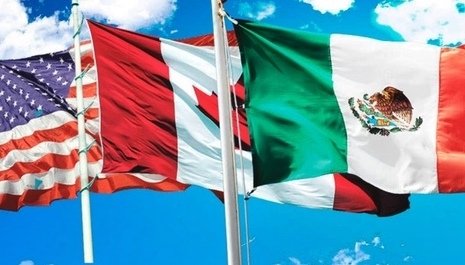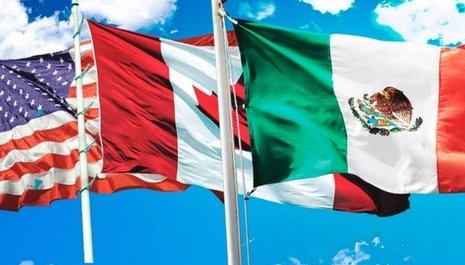Mexico, US and Canada agree on final draft of USMCA

The governments of Mexico, the US and Canada this week reached agreement on the final draft of the United States-Mexico-Canada Agreement, the free trade deal that will replace the North American Free Trade Agreement (NAFTA), which had been in place since 1994.
 The latest draft of the agreement, which is the result of more than two years of negotiations among the three countries, has yet to be released, but the modifications made are known to relate to the automotive and agricultural sectors, and intellectual property.
The latest draft of the agreement, which is the result of more than two years of negotiations among the three countries, has yet to be released, but the modifications made are known to relate to the automotive and agricultural sectors, and intellectual property.
In the automotive sector, the new agreement contains provisions that increase the percentage of car and vehicle components manufactured in the three countries to 75 per cent in order for the vehicle to qualify for zero tariffs when exported within the trade bloc. In addition, the three countries agreed that 40-45 per cent of a vehicle’s components must be manufactured by workers earning at least $16 per hour, and which signficantly raises the salaries of workers in in the sector in Mexico.
This pay raise may lead to challenges regarding the enforcement of labour laws, however, and will likely raise the price of vehicles manufactured in Mexico and sold within the three countries.
Regarding intellectual property, the new draft of the USMCA signed this week includes stronger protections for patents and trademarks in areas such as biotech, financial services and domain names, as well as new provisions governing the expansion of digital trade and investment in innovative products and services.
The three countries have also agreed to update labour and environmental standards that were not central to NAFTA but are now a standard part of free trade agreements, which include enforcing a minimum wage for workers in the automotive sector, enforcing stricter environmental standards for Mexican trucks, and new rules on fishing to protect marine life.
Enforcing labour laws will be made easier by Mexico having approved a labour reform earlier this year, the approval of which had been seen as a prerequisite for the final approval of the USMCA by the US.
The dispute settlement mechanism that allows countries to seek remedies for breaking the rules, and which was part of the original NAFTA, remains in place.















